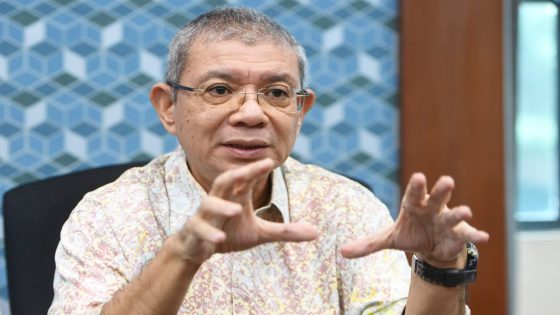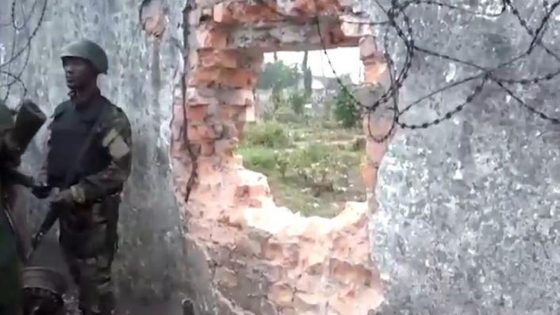PETALING JAYA: As Asean’s new chair, Malaysia must commit to a new approach if it wants to make a substantial headway in solving the Myanmar civil war, which some have dubbed “Asean’s Gaza”, says an former foreign minister.
Datuk Seri Saifuddin Abdullah said the crisis, now in its fourth year, has led to a deluge of refugees into Malaysia, Indonesia and Thailand, which is a drain on resources for all countries.
The civil war has claimed the lives of about 5,000 civilians while the breakdown of law in its borderlands has led to the festering of scam factories which have ensnared hundreds of young Malaysians and cost victims hundreds of millions in lost savings.
Malaysia takes over as Asean chairman in 2025 and there are high hopes and expectations that Prime Minister Datuk Seri Anwar Ibrahim will build on the work done by former chair Indonesia, who organised 180 meetings with all stakeholders to chart a way out of the crisis.
“Indonesia has done a good job, nevertheless we need to continue and add meaning to it,” Saifuddin told The Star in an interview.
“Malaysia should do both megaphone and discreet diplomacy. Because the crisis is so complex, you need to make noise and you also need to negotiate behind closed doors”.
To ensure that these meetings reach an actual negotiated settlement to the civil war, Putrajaya, as the Asean chair, must start to treat factions opposing the Myanmar government as an equal partner.
“Asean as a whole and Malaysia as its chair should change the narrative on what is happening in Myanmar. The narrative is that the junta is losing,” said Saifuddin, referring to Myanmar’s current military government.
The military junta had sparked the civil war when it overthrew the former civilian administration led by Aung San Suu Kyi in February 2021.
Since then, the junta has been fighting an alliance of armed resistance groups connected to the National Unity Consultative Council (NUCC).
“Today, the junta has lost about 70% of all townships to the armed groups who include the NUCC and NUG (National Unity Government), which also sits in the NUCC,” said Saifuddin, who was foreign minister from 2018 to 2020, and from 2021 to 2022.
Given that the military junta is losing the civil war, Malaysia as Asean chair must bring in the NUCC and the anti-junta resistance movements into formal negotiations in order to forge a lasting settlement, he said.
Another important reason for engaging with the NUCC is because the body has Rohingya representatives who will be critical to efforts to solve the refugee crisis, he added.
“We have about 100,000 Rohingya in Malaysia. If we don’t stop the crisis, more people will come here and we are caught. You cannot be so cruel that you just not accept them. But accepting them comes at a cost.”
According to the United National High Commission on Refugees, there are 189,340 refugees and asylum-seekers registered with UNHCR in Malaysia, of which more than 166,290 or 87.7% are from Myanmar.
At 109,230 individuals, Rohingnya make up the largest group of Myanmar refugees.
Lastly, as Asean chair, Malaysia must ensure that the post of Asean envoy to Myanmar be a permanent and consistent one rather than a diplomat that hails from the same country as the chairman.
“Currently, the post of envoy follows who is the Asean chair, so if the chairman changes, then the envoy changes, meaning that the diplomat is changed every year. But the crisis is messy, you cannot change the envoy every year,” said Saifuddin.
In order to be effective, the diplomat must be someone who will be able to commit time and energy to the crisis consistently and not be bogged down by other pressing duties, Saifuddin.
“Usually the task is given to a foreign minister of the same country as the chair, but the foreign minister is usually busy with other things. But it should a seasoned diplomat”.
Source Agencies



